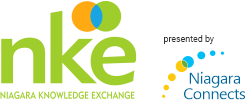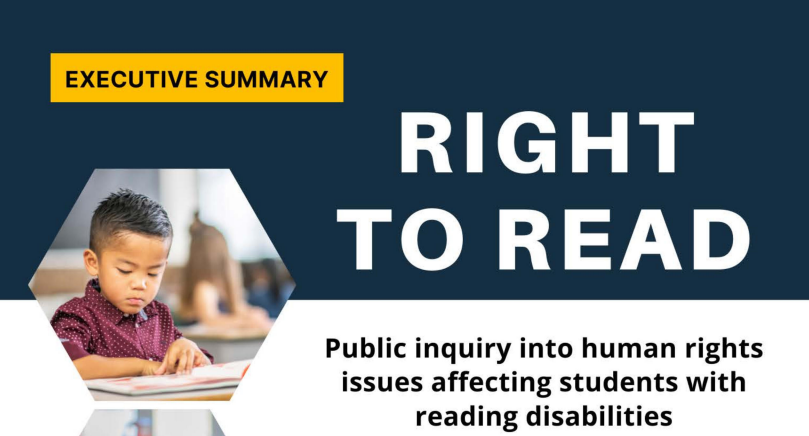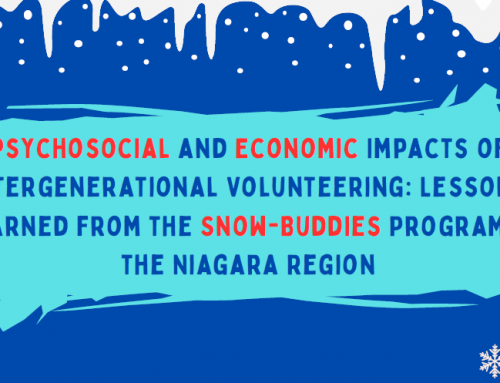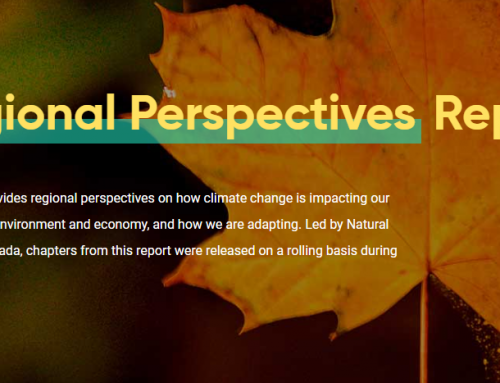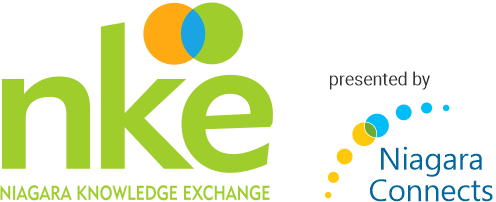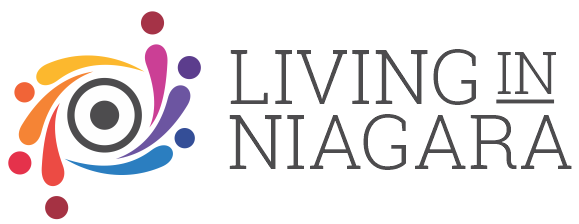Literacy goes beyond the ability to read and write proficiently. It includes the ability to access, take in, analyze and communicate information in a variety of formats, and interact with different forms of communication and technologies. Word-reading and spelling are foundational to individuals being able to successfully interact with different forms of communication.
In 2019, the Ontario Human Rights Commission (OHRC) launched a public inquiry into human rights issues facing students with reading disabilities in Ontario’s public education system. The inquiry, the first of its kind in Canada, combined the OHRC’s expertise in human rights and systemic discrimination with the expertise of Dr. Linda Siegel and Dr. Jamie Metsala in reading development, reading disabilities/ dyslexia, interventions to improve reading and the extensive body of research science.
This report presents an analysis of significant information from a representative sample of eight English-language public faculties of education (including Brock University), and the Ontario Ministry of Education. The inquiry heard from thousands of students, parents, organizations, educators and other professionals through surveys, public hearings, a community meeting, engagements with First Nations, Métis and Inuit communities, artwork, emails, submissions, meetings and telephone calls.
Inquiry recommendations include a focus on:
– Recognizing the term ‘dyslexia’
– Addressing barriers faced by students from groups such as First Nations, Métis and Inuit students; Black and other racialized students; newcomer students; multilingual students; students from low socio-economic backgrounds; and students facing intersecting barriers (where several factors combine to create unique or compounded disadvantage)
– Improving data collection, analysis and reporting in several areas
Published By: Ontario Human Rights Commission
Publication Date: January, 2022
Click here to access Executive Summary: Right to Read: Ontario Human Rights Commission
